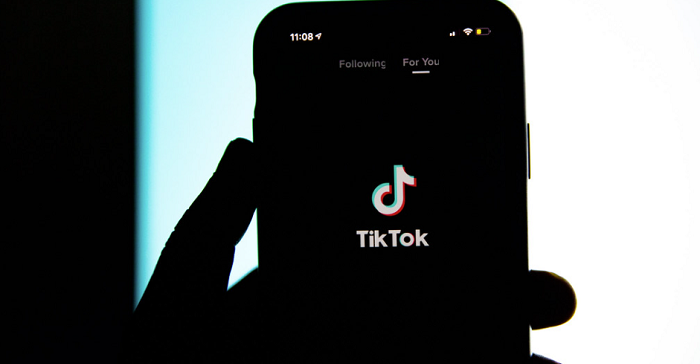14 Dec

TikTok is facing yet another legal challenge in the US, with Republican Senator Marco Rubio introducing bipartisan legislation to ban the app from operating in the US, primarily due to concerns around data collection, and TikTok’s linkage to the Chinese Government.
As per Rubio:
“This isn’t about creative videos – this is about an app that is collecting data on tens of millions of American children and adults every day. We know it’s used to manipulate feeds and influence elections. We know it answers to the People’s Republic of China. There is no more time to waste on meaningless negotiations with a CCP-puppet company. It is time to ban Beijing-controlled TikTok for good.”
The bill calls for TikTok to be cut off entirely in the US, in order to avoid sharing data with ‘America’s foremost adversary’, with TikTok potentially acting as a surveillance device for Chinese spies.
It’s the latest in a long-running series of legal challenges for the app, which, at one time, was almost banned in the US entirely under the direction of former President Donald Trump.
That ban was based on the same concerns, that the Chinese-owned app could potentially be tracking information on US users, and sharing it with the CCP, while there have also been suggestions of algorithmic manipulation to seed pro-China sentiment, while also suppressing the opposite.
It’s not even the first major legal challenge for the app in the US this month.
Last week, the State of Indiana filed a lawsuit which accused both TikTok and parent company ByteDance of violating the state’s consumer protection laws, and in particular, failing to safeguard young people, while FBI Director Chris Wray, FCC Commissioner Brendan Carr and Republican senator Josh Hawley have all voiced their concerns around the app’s connections with the CCP in recent weeks.
And now, the House of Representatives will once again be called upon to review the app, and decide whether it should, indeed, be banned in the US.
It’s clearly not new territory for TikTok, but it remains a significant threat, likely the biggest potential challenge to its social media domination – though recent numbers have also suggested that TikTok’s download momentum is slowing of late.
Which, of course, is an aside to the issue at hand, which could see TikTok outlawed in the US, where, according to data.ai, it currently has over 111 million active users.
Will that happen? And if it does, how will that change the social media landscape in the US?
Will users switch to Instagram Reels and YouTube Shorts instead, as they have in India, where TikTok has been banned since 2020, or could it mark the end of the short-form video trend, and lead into the next phase of digital connection?
At this stage, it still feels more likely that TikTok will remain, but the tide could turn very quickly. One misstep in US-China relations could sink the app’s favorability, very fast, and while it is working to better demonstrate its independence from its Chinese owners, especially in regards to US user data, there is definitely a chance that it will be too little too late to avoid a ban.
Such processes take time, and we likely won’t have an answer anytime soon.
We’ll keep you updated on any progress.
Source: www.socialmediatoday.com, originally published on 2022-12-13 18:45:53
Connect with B2 Web Studios
Get B2 news, tips and the latest trends on web, mobile and digital marketing
- Appleton/Green Bay (HQ): (920) 358-0305
- Las Vegas, NV (Satellite): (702) 659-7809
- Email Us: [email protected]

© Copyright 2002 – 2022 B2 Web Studios, a division of B2 Computing LLC. All rights reserved. All logos trademarks of their respective owners. Privacy Policy

![How to Successfully Use Social Media: A Small Business Guide for Beginners [Infographic]](https://b2webstudios.com/storage/2023/02/How-to-Successfully-Use-Social-Media-A-Small-Business-Guide-85x70.jpg)



![How to Successfully Use Social Media: A Small Business Guide for Beginners [Infographic]](https://b2webstudios.com/storage/2023/02/How-to-Successfully-Use-Social-Media-A-Small-Business-Guide-300x169.jpg)


Recent Comments